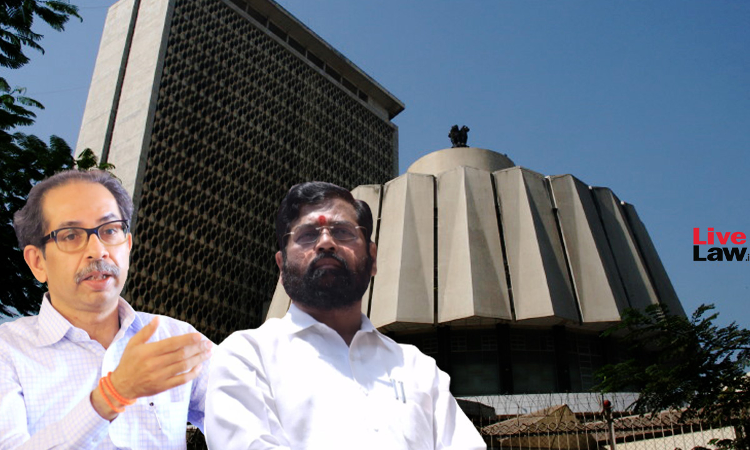What Is A "Floor Test"? Explained With Important Supreme Court Judgments
Sohini Chowdhury
29 Jun 2022 10:16 AM IST

Next Story
29 Jun 2022 10:16 AM IST
Amidst the political imbroglio in Maharashtra, the Governor has directed the Maha Vikas Aghadi (MVA) Government to take a 'floor test' and demonstrate that it still enjoys the confidence of the Legislature on the floor of the Legislative Assembly on June 30.While the Constitution of India does not contemplate that the political party which forms the Ministry should have a majority in...
